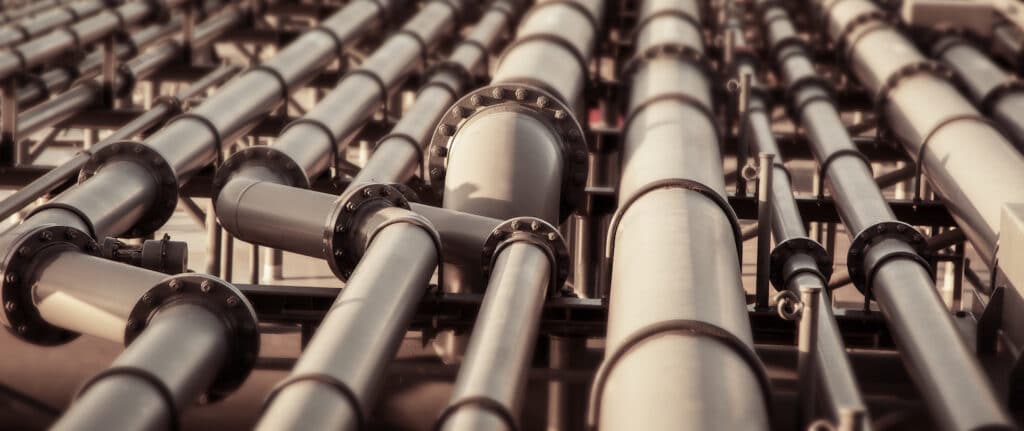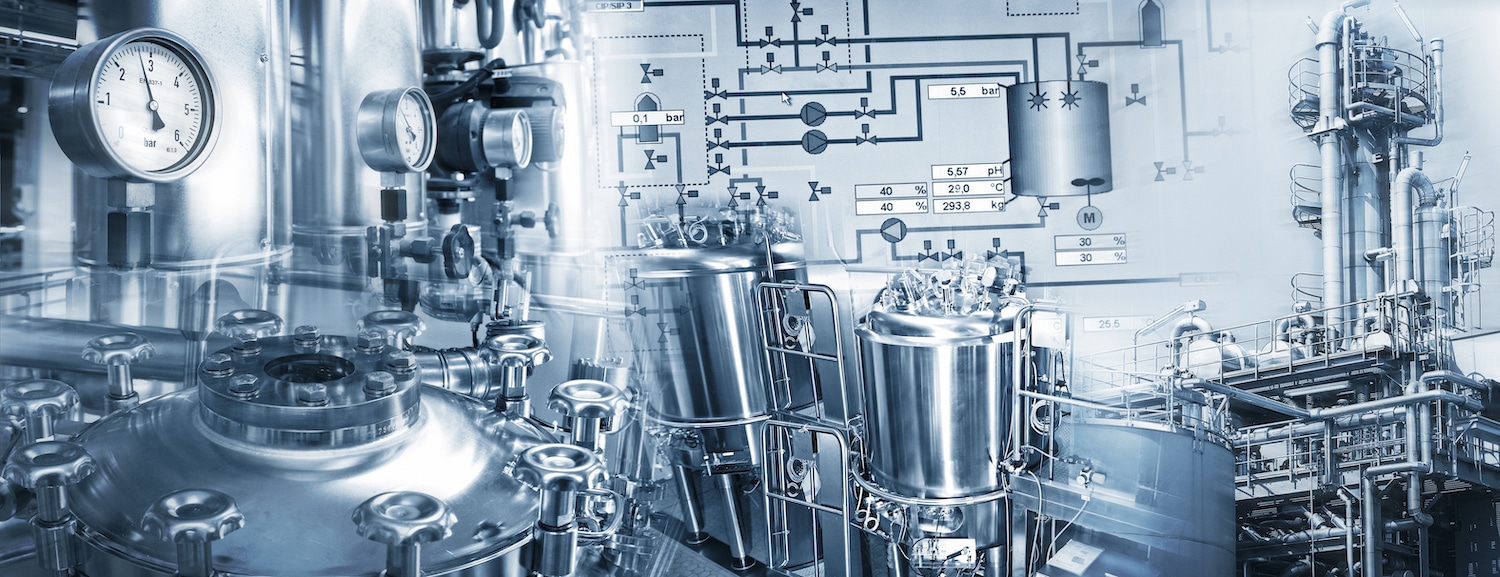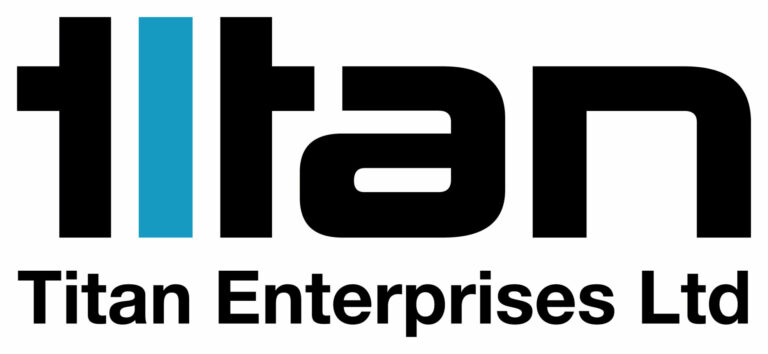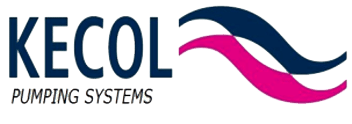Flow control is an advancing field of fluid dynamics that describes the flow of liquids, gases, and plasmas. Flow measurement is the determination of bulk fluid movement, and the flow of fluids can be measured in various ways.

Flow control is an advancing field of fluid dynamics that describes the flow of liquids, gases, and plasmas. Flow measurement is the determination of bulk fluid movement, and the flow of fluids can be measured in various ways.

Fluid mechanics is the branch of physics concerned with the mechanics of fluids (liquids, gases, and plasmas). Fluid mechanics has various applications in mechanical and chemical engineering, biological systems, and astrophysics. Fluid mechanics is a branch of continuous mechanics that deals with the relationship between forces, motions, and statical conditions in a constant material. The fluid mechanics can also distinguish between a single-phase and multiphase flow, i.e., flow made more than one phase or single distinguishable material.
In general, fluid mechanics is the study of fluids either in motion, fluid dynamics, or at rest, fluid statics. Both liquids and gases are classified as fluids.
Fluid dynamics
Fluid dynamics deals with the fluid mechanics where the fluids are in motion. Fluid dynamics has many applications, including calculating forces and moments on aircraft, determining the mass flow rate of petroleum through pipelines, predicting weather patterns, and many more.
Fluid statics
Fluid statics deals with the fluid mechanics where the fluids are at rest. Applications of fluid statics include pressure measurement with hydrostatics, water dams and gates, liquid storage tanks, and many more.
Flow is the movement of pressurized fluids between volumes of varying pressures. Pressurized fluid always moves from higher pressure to lower pressure. Without a pressure differential, the fluid is stagnant, and the system lacks flow. Uncontrolled fluid in motion can physically destroy pumps, piping, valves, meters, and other fluid flow control system components.
Fluid flow control is an advancing field of fluid dynamics that describes the flow of liquids, gases, and plasmas. Flow control of fluids can be accomplished by passive, which requires no energy, or active devices, which require energy. Controlling and measuring the fluid flow is increasingly incorporated in many applications, from aviation and defense to the pharmaceutical industry.
Passive flow control
Passive flow techniques include geometric shaping, vortex generators, and the placement of grooves or riblets on airfoil surfaces.
Active flow control
Active flow techniques include steady and unsteady suction or blowing and synthetic jets.
Controlling the fluid flow is essential for optimizing and protecting complex systems. Using various technologies to control fluids like air and liquid, fluid control systems and products last longer in demanding environments.
Managing fluid flow systems can be difficult; controlling and managing these systems can be done via multiple techniques and methods.
Within a fluid control system, types of controls can be divided into two main categories: fluid conditioning controls and physical fluid controls. Fluid conditioning controls impact a fluid’s chemistry or chemical condition. Fluid conditioning controls include:
Fluid physical controls are those controls that impact a fluid’s movement through the system. Physical controls include:
Liquid flow controllers are most commonly used in applications that require a constant flow rate and can compensate for varying pressure changes. Because of this functionality, liquid flow controllers will cost more when compared to a liquid flow meter. Liquid flow controllers are utilized for applications requiring micro to low flow rate measurements and control and are used in cases where there is a constant flow rate.
Contamination within the system that controls flow fluid can originate when unwanted water, oil, or other fluid mixes with a fluid or materials in a fluid control system. Contamination most often occurs due to a system that is not flushed correctly.
The flow control industry performance has plateaued in recent years. Given the increasing demand and technological advancements, the flow control industry will rise in innovations.
The most recent flow control innovations include improvements in the steam measurement industry. In recent years, an ultrasonic steam meter got introduced that is both portable and permanent. This steam meter offers a quick installation, built-in data logger, increased accuracy.
In addition to the innovations in the steam measurement industry, the thermal energy industry has also introduced a new meter that offers accurate measuring of fluid velocity and energy consumption. This is one of the few flow sensors that used electromagnetic technology where a conductive liquid moves through a magnetic field to produce a current.

Fluid flow measurements are necessary for a wide range of applications, from the control of fuel flow in engine management systems to the regulation of drug delivery in ventilators. Fluid flow measurements involve the determination of the flow velocity, the mass flow rate, or volumetric flow rate. Fluid flow measurement is divided into several types since each type requires specific consideration of such factors as accuracy requirements, cost considerations, and the use of the flow information to obtain the necessary results.
When deciding on the best type of meter to measure a given flow, the nature of the fluid to be measured needs to be considered. Flow characteristics are also important. In custody transfer metering, the best flow measurement is required.
Whether a liquid or gas, measurement of flow is commonly a critical parameter in many processes, it is essential to know that the proper fluid is at the right place at the right time in most operations. Some critical applications require the ability to conduct accurate flow measurements to ensure product quality.
Direct mass flow measurement is an essential development across the industry as it eliminates inaccuracies caused by the physical properties of the fluid, not least being the difference between mass flow and volumetric flow. Mass is not affected by changing temperature and pressure, which alone makes it an essential method of fluid flow measurement.
A flow meter is an instrument used to measure a liquid or gas’s linear, nonlinear, volumetric, or mass flow rate. Flow meters are referred to by many names, such as flow gauge, flow indicator, liquid meter, flow rate sensor, etc., depending on the particular industry. However, they all measure flow. Like rivers or streams, open channels may be measured with flow meters. Or, more frequently, the most utility from a flow meter and the widest variety of flow meters focus on measuring gasses and liquids in a pipe. Improving fluid measurement precision, accuracy, and resolution are the most significant benefits of the best flow meters.
How do flow meters work?
A flow meter is meant to measure the amount of gas, steam, or liquid passing around or through it. Although there are many kinds of flow meter sensors that work in different ways, they all have one set goal: to give the most accurate flow rate report based on the application. The data could either be for general research, process control, or processing. Flow meters are either used to measure volume or mass.
Types of flow meters
The different categories of flow meters are as follows:
Get the extensive coverage for fluid handling professionals who buy, maintain, manage or operate equipment, delivered to your inbox (it’s free!).
By signing up for our list, you agree to our Terms & Conditions.
 Galveston
Galveston Düsseldorf
Düsseldorf Hannover
Hannover München
München Kuala Lumpur
Kuala LumpurGet the extensive coverage for fluid handling professionals who buy, maintain, manage or operate equipment, delivered to your inbox.
By signing up for our list, you agree to our Terms & Conditions. We deliver two e-Newsletters every week, the Weekly E-Update (delivered every Tuesday) with general updates from the industry, and one Market Focus / Technology Focus e-newsletter (delivered every Thursday) that is focused on a particular market or technology.















A
Cownect Media website
 Galveston
Galveston Düsseldorf
Düsseldorf Hannover
Hannover© Fluid Handling Pro 2024